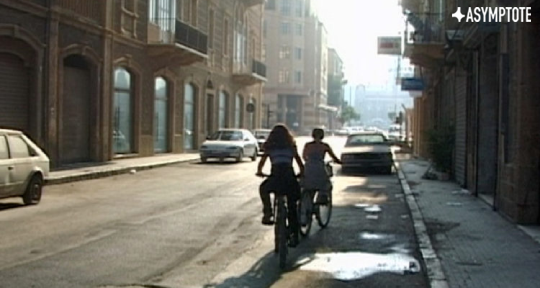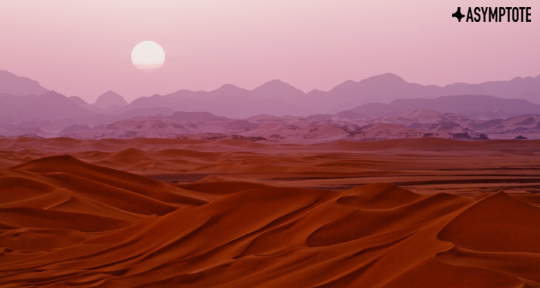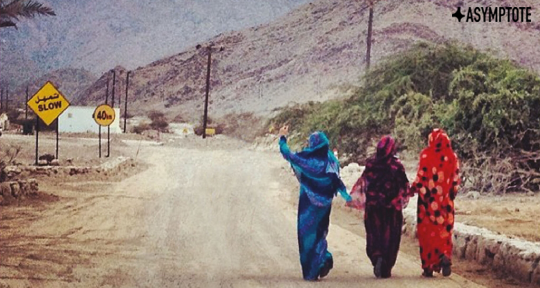In the past few months, we’ve been forced to dwell on our place in the world in the light of extraordinary circumstances. As most of us experience a certain degree of forced isolation, we predictably turn to literature, in hopes that its wisdoms will enable us to regard our realities with increased awareness, understanding, and presence. In this following essay, writer MK Harb takes us through the various manifestations of isolation as seen in Lebanese literature, and more specifically via two extraordinary texts by two Lebanese-American authors, Rabih Alameddine’s An Unnecessary Woman and Etel Adnan’s Sitt Marie Rose.
“During these unprecedented times . . .”
I have heard and read this line over a thousand times since the pandemic began. In a fortnight, we have entered an echo chamber in which a voice is constantly screaming “unprecedented times” at us. Sometimes this voice comes in the form of an email, other times a news clipping, but mostly, it speaks to us as a marketing gimmick. Countless products remind us that these times are in fact unprecedented as they encourage us to buy sanitization stations, virtual university booths, luxury hazmat suits, and other products that commercialize placebo. Maybe the academic part of myself hates the word unprecedented; I have found that the cynicism of academia manifests in teaching that every time is precedent. From pandemics to famine to injustice, it has all been here before.
What is unprecedented in our current cataclysm is our collective online grief; from Zoom calls to Skype sessions, it has never been more ravenous and visible. However, after a while, one realizes that this excessive online engagement numbs the mind more than reassures it. Instead, resorting to literature has been one of the few escapes out of the confines of my living room to more alluring worlds. From Yasmine Seale’s new translation of Aladdin, to Toni Morrison’s The Bluest Eye, and Garth Greenwell’s Cleanness, I feel the intimacy of reading and caressing a text much more deeply than that of a video call. During these literary excursions, I discovered the omnipresence of isolation as a theme in contemporary Lebanese literature. The irony of this discovery was not lost on me; the isolation of a pandemic led me to isolation in fiction.
As I drew out these conceptual maps of society’s outcasts, I noticed their versatility. Sometimes it manifests in the trials and trepidations of a gay man in Hoda Barakat’s The Stone of Laughter, in which the character navigates a war-torn and derelict Beirut from his lonely apartment. Other times this isolation results from the acts of resistance and radicalism, as in Emily Nasrallah’s The Oleander Tree, which takes place during an epoch when the protagonist Rayya resists the feudal and patriarchal roles set for the women of her village. However, two authors in particular were naturally and strongly united in this theme: Rabih Alameddine and Etel Adnan.



